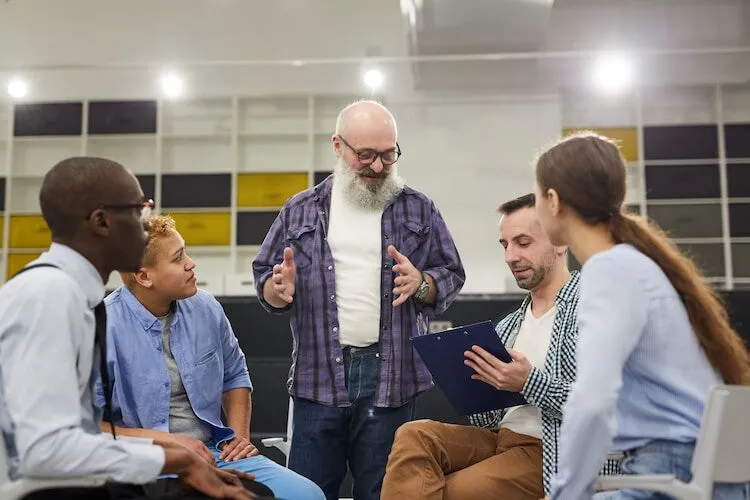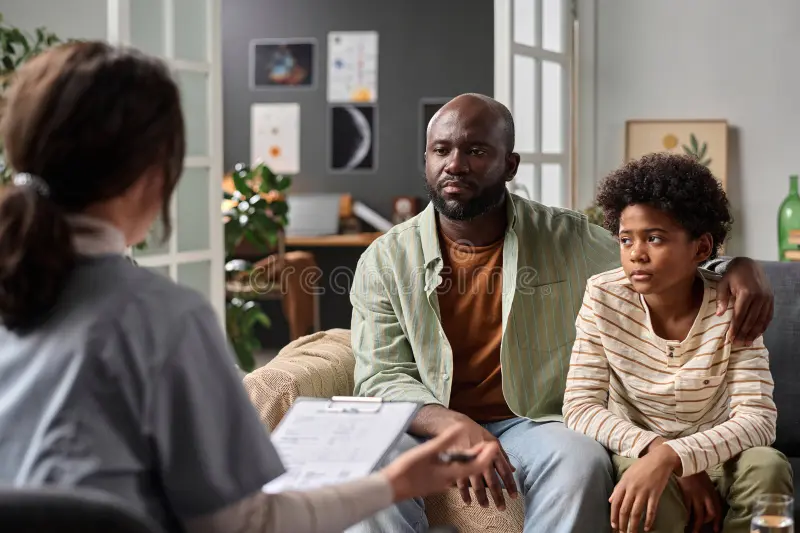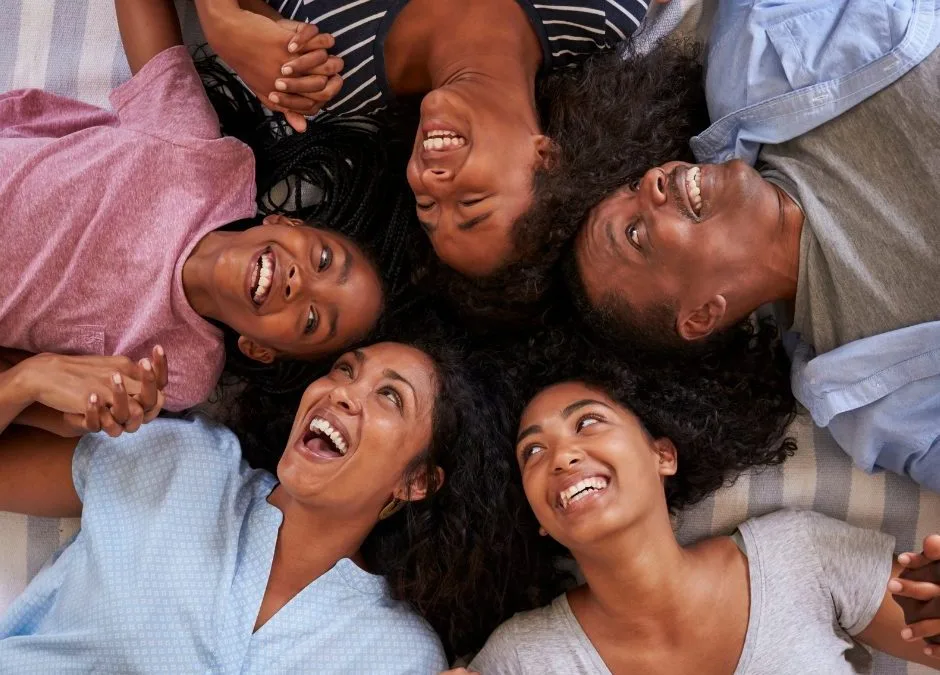24/7 Helpline:
(866) 899-221924/7 Helpline:
(866) 899-2219
Learn more about Couples Rehab centers in Juniata County

Other Insurance Options

Excellus

Health Net

State Farm

EmblemHealth

BlueCross

Choice Care Network

UnitedHealth Group

Ambetter

Group Health Incorporated

Absolute Total Care

Horizon Healthcare Service

Access to Recovery (ATR) Voucher

GEHA

UMR

Evernorth

Holman Group

MVP Healthcare

WellCare Health Plans

Kaiser Permanente

Meritain















































































































Universal Community Behavioral Health – Mifflintown
Universal Community Behavioral Health – Mifflintown is a private rehab located in Mifflintown, Penns...

Clear Concepts Counseling
Clear Concepts Counseling is an outpatient counseling center specializing in the treatment of addict...


































































